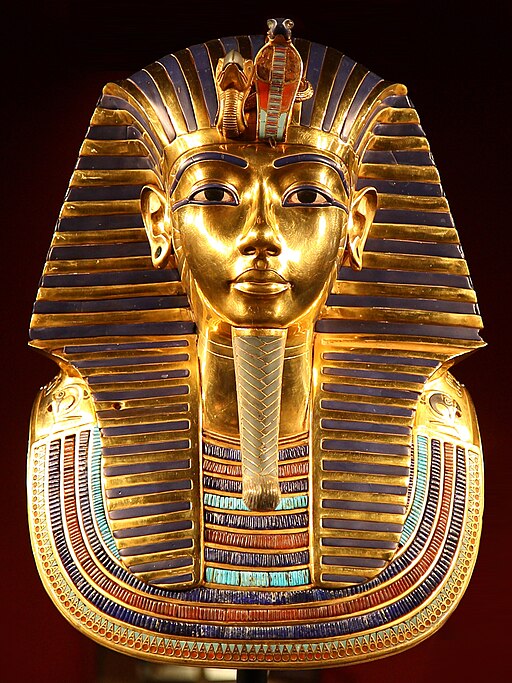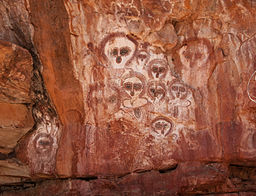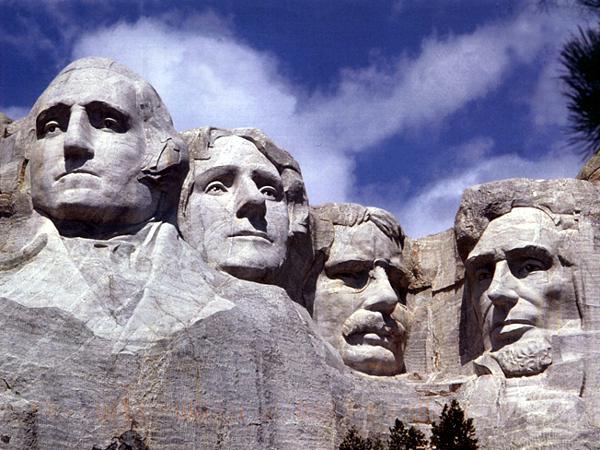
This Emperor Penguin egg was collected on Captain Robert Falcon Scott’s last expedition to the Antarctic in 1911. This egg is one of three fresh eggs collected by Scott’s ill-fated expedition to Antarctica.
It was hoped that the embryo inside could be used to test the theory of an evolutionary link between birds and reptiles.
During the expedition journey to the penguin rookery, a three-member team, pulled heavy sleds in complete darkness during five bitter cold weeks, at temperatures that averaged −34 °C and dropped as low as −68 °C.
The team trudged 225 kilometers in the dead of winter to retrieve the emperor penguin eggs. With great difficulty, they collected five eggs. Unfortunately, two broke on the trek back.
The surviving eggs were cut open, and the embryos removed and pickled. Back in Britain, they were sliced and mounted onto slides.
The embryos did not provide evidence for the link between birds and reptiles, by the time the eggs were received in London, the theory had already begun to be discredited.
This journey to collect the eggs was in the winter darkness and extreme weather, which proved slow and hazardous, but despite mishaps, three eggs were retrieved.
The value of the eggs is not in their role in testing a theory. They are a fantastic example of the challenges that people have overcome to understand and learn about Antarctica.
Emperor Penguins
The emperor penguin is the tallest and heaviest of all living penguin species and is only found in Antarctica. Like all penguins, it is flightless, with a streamlined body, and wings flattened into flippers for a marine habitat.
The only penguin species that breeds during the Antarctic winter, emperor penguins trek 50–120 km (31–75 mi) over the ice to breeding colonies, which may include thousands of individuals.
The female lays a single egg. The male incubates the egg while the female returns to the sea to feed.
Captain Robert Falcon Scott
Captain Scott (1868 – 1912) was a British Royal Navy officer and explorer who led two expeditions to the Antarctic. The Discovery Expedition (1901–1904) and the ill-fated Terra Nova Expedition (1910–1913).
On the second expedition, Scott led a party of five which reached the South Pole in 1912, less than five weeks after Roald Amundsen’s Norwegian expedition.
On their return journey, a distance of 150 miles from their base camp and 11 miles from the next depot, Scott and his four companions perished.
Antarctica
The Antarctic is a polar region around the South Pole. The Antarctic comprises the continent of Antarctica and several island territories located on the Antarctic Plate.
The area covers some 20 % of the Southern Hemisphere, and the land and ice shelves are administered under the Antarctic Treaty System.
The Antarctic region had no indigenous population when first discovered, and its present inhabitants comprise a few thousand transient scientific and other people working on tours of duty at the several dozen research stations maintained by various countries.
However, the region is visited by more than 40,000 tourists annually, the most popular destinations being the South Shetland Islands and South Georgia Island.
The growth of tourism, with consequences for both the ecology and safety, is an emerging issue.
The effects of global warming in Antarctica include rising temperatures, increased snowmelt, and ice loss. Research has found that overall the continent had become warmer since the 1950s.
Captain Robert Scott’s Emperor Penguin Egg
- Title: Captain Robert Scott’s Emperor Penguin Egg
- Date: 1911
- Place: Cape Crozier, Ross Island, Antarctica.
- Museum: Natural History Museum, London
Scott’s Last Expedition
A Tour of the Natural History Museum, London
- Blue Whale
- Captain Robert Scott’s Emperor Penguin Egg
- Joseph Banks’ Herbarium Sheet from Cook’s First Voyage to Australia
- Gogotte
- Great Handaxe from Furze Platt
- Iguanodon Teeth
- Stegosaurus Stenops
- Dodo
Scott’s hut at Cape Evans
Explore London’s Museums and Heritage Sites
- The British Museum
- The National Gallery, London
- Tate Britain
- The Wallace Collection
- The Victoria and Albert Museum
- Queen’s Gallery, Buckingham Palace
- Courtauld Gallery
- Tate Modern, London
- Science Museum, London
- National Portrait Gallery, London
- Natural History Museum
- Charles Dickens Museum
- Hampton Court Palace
- Sherlock Holmes Museum
- British Library
- Imperial War Museum
- Churchill War Rooms
- Florence Nightingale Museum
- Foundling Museum
- Grant Museum of Zoology and Comparative Anatomy
Captain Robert Scott’s Emperor Penguin Egg
The spectacular sight of an Emperor Penguin laying her egg
Scott Hut at Cape Evans
~~~
“We cannot solve our problems with the same thinking we used when we created them.”
– Albert Einstein
~~~
Photo Credit: 1) JOM
Popular this Week








 Sponsor your Favorite Page
Sponsor your Favorite Page SEARCH Search for: Search Follow UsJoin – The JOM Membership Program
Sponsor a Masterpiece with YOUR NAME CHOICE for $5
Share this:
- Tweet
